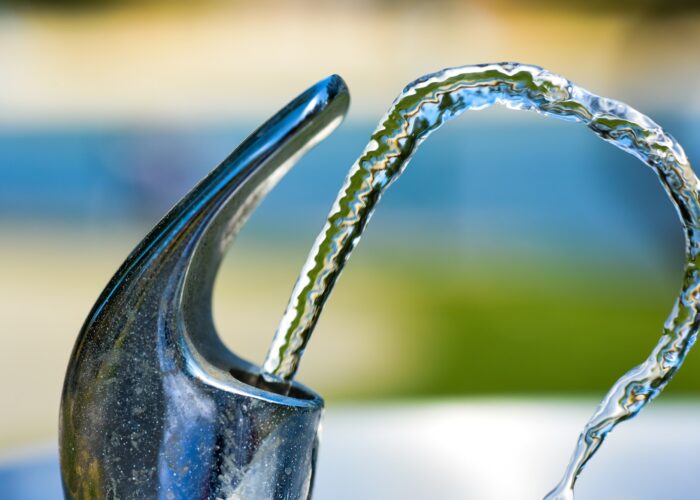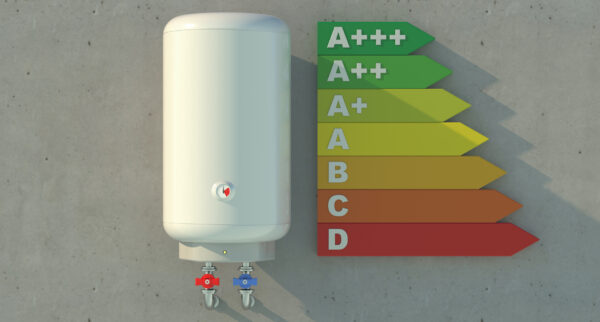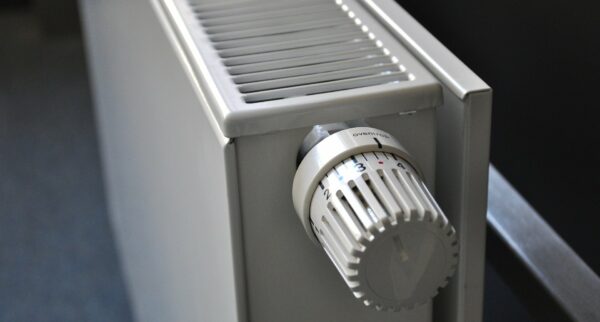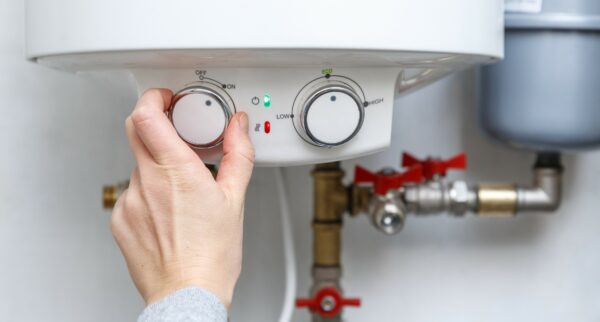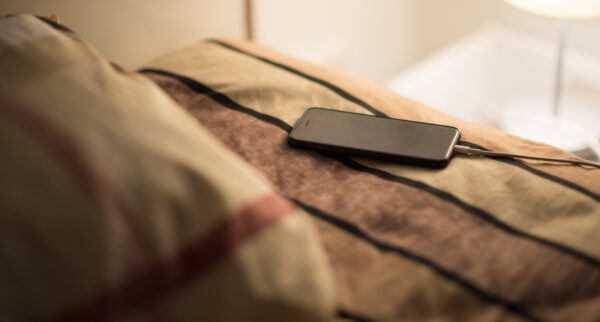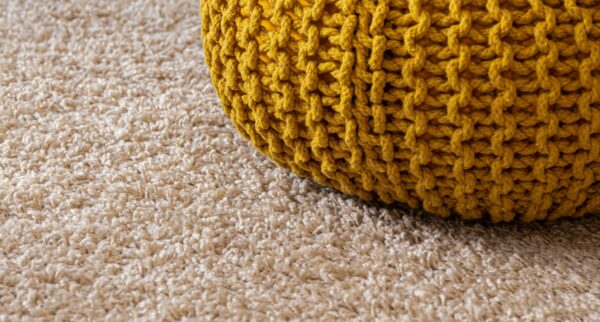Call us today 0207 32 32 999
Most of the UK has hard water. Can this cause problems with your boiler or heating system? It certainly can. Let’s talk about why this happens and what hard water does to boilers, pipes, and radiators.
Table of Contents
ToggleSoft Water vs. Hard Water
First, let’s define the difference between soft and hard water. And let’s forestall the clever joke about hard water being ice; water’s hardness has to do with mineral content, not temperature.
Hard water has a higher concentration of dissolved minerals in it, specifically calcium and magnesium. Soft water has less calcium and magnesium, but more dissolved sodium. That’s why water softening units use sodium pellets to soften hard water by exchanging some of the calcium for sodium.
To be precise, hard water has a concentration of 121 parts per million (or more) of calcium and/or magnesium. If your water is very hard (200 ppm or more), you may need to look into adding a water softening unit to your home, as per UK building regulations.
How Can You Tell If Your Water Is Hard?
While some people say drinking hard water is better for your health, it can wreak havoc on your clothes, skin, and appliances. So how do you know what the hardness of your water is?
You won’t be able to see a difference, and you may not be able to taste it, either. (Tasting it depends on the type of water you’re used to drinking.) But if you have dry itchy skin or lacklustre hair, hard water could be at fault; the extra minerals make it difficult to rinse off all the shampoo or soap. You might also notice spots on clean glassware or silverware or mineral stains on clean clothes. If hard water is left untreated long enough, it can cause limescale build-up, which coats the inside of pipes, boilers, kettles, and just about anything else that holds water.
What Is Limescale?
Limescale is the name for the hard, normally white/gray, chalk-like residue that you may find sticking to the inside of your kettle. These deposits are made up of calcium carbonate and build up when so-called “hard water” flows through. Hence why it’s common to find limescale build-ups inside of pipes (particularly older ones) and boilers.
Due to its similarities to limestone, limescale was, for a time, used to form Eifel marble – a popular building material in the 11th and 12th centuries. That’s right – limescale can be a building material. So, not exactly what you want slowly coating the inside of your pipes!
The Effects of Hard Water In Your Heating System
A slight build-up of limescale is fairly common, but a significant build-up can cause major issues with your boiler, pipes, and radiators. In the boiler, it can especially cause problems when the heating coil gets covered in a thick layer of limescale. As the build-up gets thicker, it can reduce the performance of the heating coil.
In other parts of your heating system, limescale build-up can coat (and thus effectively narrow) pipes. This slows the flow of water throughout the pipes. What’s worse, it can reduce the transfer of heat from the water to the outside air. Either of these means your boiler will have to work harder, driving up your energy bills. Over time, this could also mean a shorter life for your boiler, or – in the very worst case – an expensive boiler failure.
How can you tell if limescale build-up is getting to be a problem for your boiler or heating system? Rattling or other unusual noises, less heat than usual, or rising utility costs often signal boiler problems, so get your system checked out by a professional if these signs continue.
What to Do If You Have Hard Water
If you have hard water, what should you do to keep your boiler running smoothly? The best thing is to schedule regular boiler maintenance; this will keep limescale from building up to epic proportions. As mentioned earlier, if you live in an area with very hard water, you may want to install a separate water softening system. And a simple, safe DIY tip is to regularly bleed your radiators; this won’t affect limescale, but getting rid of the extra air will help your system stay at optimal performance.
If you’re experiencing boiler, radiator, or heating problems, give JustBoilers a call. We’ll help you figure out (and fix!) the problem.
